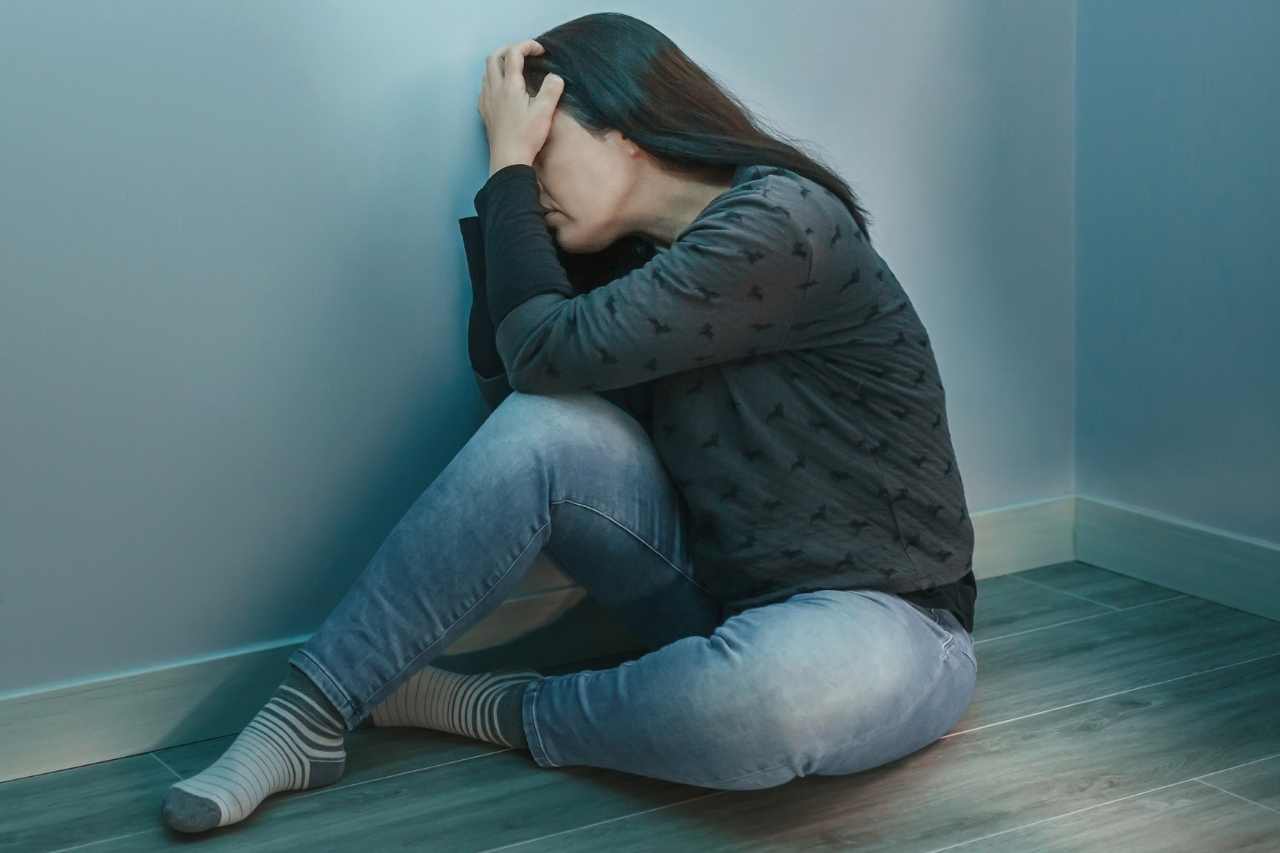Bullying is a challenging experience that can be terrifying for the individuals targeted. The victims may feel depressed, isolated, vulnerable, and paranoid due to the distress and pressure they face. The effects of bullying can be long-lasting, impacting the victims even after the bully has moved on. This article delves into the intricate relationship between prolonged bullying and anxiety disorders.
Those who endure bullying undergo significant emotional pain and suffering, leading to lasting effects regardless of the form it takes, whether cyberbullying or verbal abuse. Prolonged exposure to bullying can result in various negative consequences such as depression, eating disorders, and in severe cases, suicidal ideation. Consequently, anxiety disorders can manifest as a consequence of bullying.
The Link Between Bullying and Anxiety Disorders
Individuals who have experienced bullying are at a higher risk of developing anxiety disorders such as post-traumatic stress disorder (PTSD), generalized anxiety disorder (GAD), panic attacks, and social anxiety disorder.
Post-Traumatic Stress Disorder (PTSD)
PTSD can arise from traumatic events or repeated instances of bullying or abuse. Children with PTSD may exhibit symptoms like flashbacks, nightmares, heightened startle responses, and social withdrawal. Prolonged bullying increases the likelihood of developing PTSD in children.
Generalized Anxiety Disorder (GAD)
People with GAD often display persistent negative thinking and physical symptoms like insomnia, palpitations, irritability, and fatigue. Victims of bullying may develop a sense of constant fear and anticipation of negative events due to the trauma they experienced. This anxiety can disrupt their daily routines and lead to the development of GAD.
Panic Attacks
Panic disorder can cause sudden and intense episodes of fear accompanied by physical symptoms such as sweating, chest pain, and rapid heartbeats. If untreated, panic attacks can result in avoidance behaviors and social isolation as individuals fear experiencing another episode.
Social Anxiety Disorder
Individuals with social anxiety disorder fear judgment and embarrassment in social situations. Bullying victims are particularly susceptible to this disorder due to past experiences of humiliation and criticism. The fear of being ridiculed or judged negatively can lead to avoidance of social interactions.
Managing Anxiety in Children
Teaching children coping mechanisms like artistic expression, relaxation techniques, physical activity, and meditation can help alleviate anxiety symptoms. Seeking professional help from counselors specializing in children’s anxiety disorders is crucial for long-term management. Therapists can assist children in coping with the effects of bullying and developing resilience.
Addressing bullying with the help of supportive adults is essential to combat this serious issue effectively. By providing a safe and nurturing environment, children can overcome the trauma of bullying and prevent the development of anxiety disorders in the future.
Meaningful articles you might like: Impacts Of Bullying On The Family, How Obesity Leads To Bullying, How Bystanders Are Affected By Bullying

